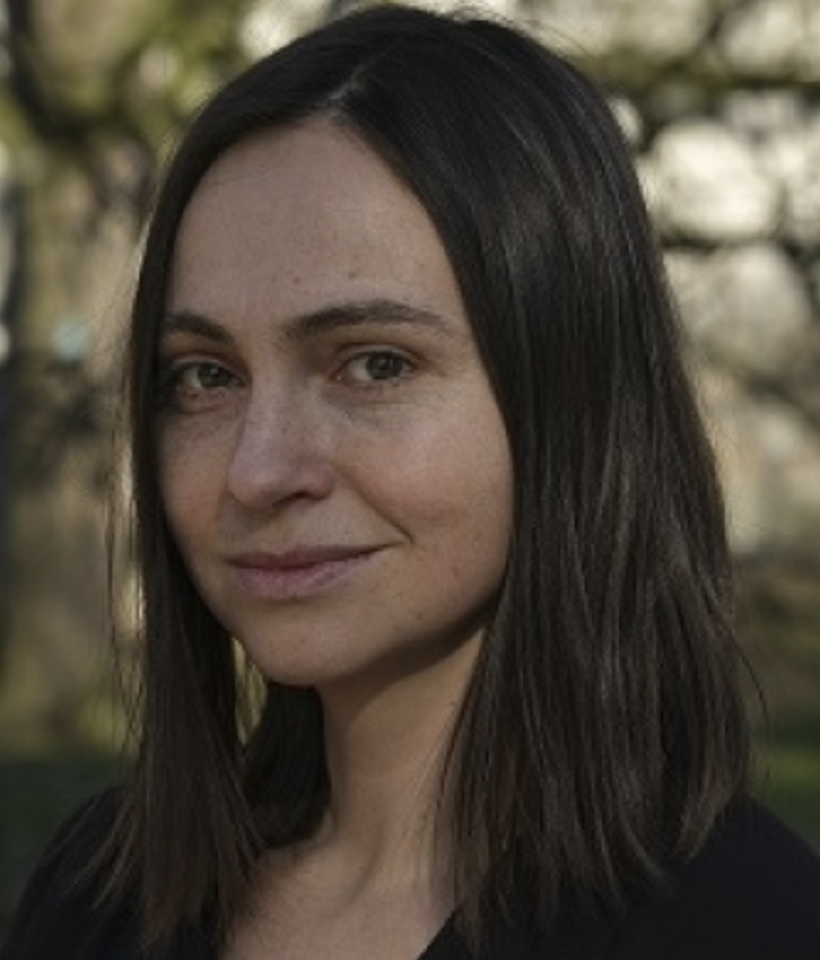Kateřina Staňková receives Vidi grant
The Dutch Research Council (NWO) has awarded a Vidi grant worth up to 800,000 euros to Kateřina Staňková, a scientists of the Faculty of Technology, Policy and Management. The grant provides her with the opportunity to further elaborate her own research idea and expand her research team during a period of five years. Kateřina explains what her Vidi research entails.
The daily standard
“ Standard of care in metastatic cancers, i.e. cancers that have already spread from their initial site to other parts of patient’s body, typically applies Maximum Tolerable Dose (MTD) of treatment (or treatment combination), continuously or in repeated identical cycles, until unacceptable toxicity, cancer progression, or cure. Cure is rare, due to treatment-induced therapy resistance. My recent research helped to explain why MTD fails and to design first evolutionary therapies: therapies that anticipate and steer treatment-induced resistance in cancer cells.”
Evolutionary games to improve metastatic cancer treatment
“My research introduces the concept of mathematically-sound, Stackelberg evolutionary games (SEGs),as games between a rational leader (e.g., physician) and evolutionary followers (e.g., evolving cancer cells). In preliminary work for this VIDI, I explored specific game dynamics and their impact on equilibrium properties and treatment outcomes, focusing on SEGs with scalar traits only.”
“With my Vidi Grant I will develop a SEG theory with vector-valued traits and application in treatment of Stage IV Non-Small Cell Lung Cancer. After analyzing the stability properties of followers’ evolutionary games, we have to find out either constant or dynamic Nash and Stackelberg strategies for the leader, leading to either reaching safe stable equilibria or avoiding unsafe regions for as long as possible. Subsequently, we will apply the SEG theory to optimize the treatment for patients with Stage IV Non-Small Cell Lung Cancer treated with various tyrosine kinase inhibitors and chemotherapy, based on their past treatment/tumor data. “
Future treatment of other diseases
“While focus of this VIDI is on one aggressive cancer, the mathematical methodology developed will be applicable in treatment of other diseases, and in all domains where we attempt to preserve or contain evolving resources, such as in pest management, fisheries management, or antibiotic resistance management.”
